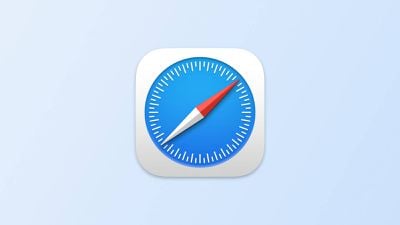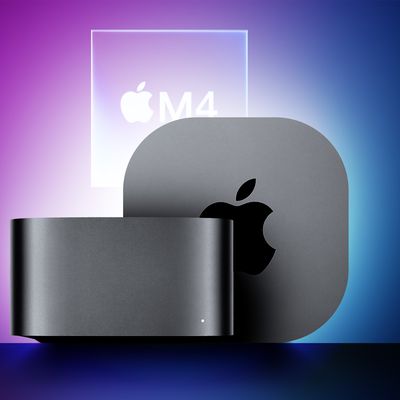Apple to Address '0.0.0.0' Security Vulnerability in Safari 18
Apple plans to block websites from attempting to send malicious requests to the IP address 0.0.0.0 on macOS Sequoia, according to Forbes. The means the change will be part of Safari 18, which will also be available for macOS Sonoma and macOS Ventura.

This decision comes after researchers from Israeli cybersecurity startup Oligo Security said they discovered a zero-day security vulnerability that allows a malicious actor to access private data on a user's internal private network. The researchers will present their findings this weekend at the DEF CON hacking conference in Las Vegas.
"Exploiting 0.0.0.0-day can let the attacker access the internal private network of the victim, opening a wide range of attack vectors," said Avi Lumelsky, a researcher at Oligo Security.
The researchers responsibly disclosed the vulnerability to Apple, Google, and Mozilla. More details are available on the AppSec Village website.
macOS Sequoia and Safari 18 are currently in beta and will be widely released later this year.
Popular Stories
Apple typically releases its new iPhone series in the fall, and a possible September 10 announcement date has been floated this year, which means we are just one month away from the launch of the iPhone 16. Like the iPhone 15 series, this year's lineup is expected to stick with four models – iPhone 16, iPhone 16 Plus, iPhone 16 Pro, and iPhone 16 Pro Max – although there are plenty of design...
Apple's M3 MacBook Pro is seeing multiple high value discounts on Best Buy and Amazon today, with up to $1,000 off select models. This includes a new all-time low price on the entry-level M3 512GB 14-inch MacBook Pro at $1,299.00, down from $1,599.00, and a massive $1,000 discount on the high-end 16-inch model exclusively for Best Buy members. Note: MacRumors is an affiliate partner with Best...
Apple's iPhone development roadmap runs several years into the future and the company is continually working with suppliers on several successive iPhone models simultaneously, which is why we sometimes get rumored feature leaks so far ahead of launch. The iPhone 17 series is no different – already we have some idea of what to expect from Apple's 2025 smartphone lineup. If you plan to skip...
Apple is beta testing iOS 18 and the first update to iOS 18 concurrently, and we got the second betas of iOS 18.1, iPadOS 18.1, and macOS Sequoia 15.1 today alongside the sixth betas of iOS 18, iPadOS 18, and macOS Sequoia 15. Many of the changes in iOS 18.1 are focused on bringing the .1 betas in line with the standard betas, which recently received updates to Photos and Safari, while...
As a result of the first Apple Intelligence features being delayed, iOS 18 and iOS 18.1 are currently in beta testing simultaneously. Below, we explain the differences between the two upcoming software updates, including new features and estimated release timing. New Features iOS 18.0 iOS 18 introduces new customization options for the Home Screen and Control Center, a redesigned Photos ...
Apple is planning to debut completely redesigned Mac mini models with the M4 and M4 Pro chips later this year, Bloomberg's Mark Gurman reports. The new Mac mini will be the first major design change to the machine since 2010, making it Apple's smallest ever desktop computer. The new Mac mini will apparently approach the size of an Apple TV, but it may be slightly taller than the current...
![]()




















